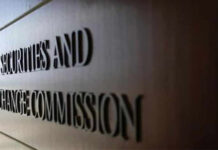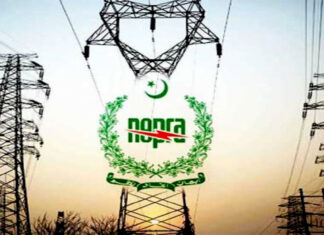LAHORE: Structural weakness in Pakistan’s trade account deficit that has swelled commodity prices again, poses critical challenges which cannot be managed by the new government without painful adjustments, experts believe.
Talking to Pakistan Today, they were of the view that weakness is further compounded by heightened political risk ahead of what they believe to be closely contested high-stakes elections.
“A painful but inevitable adjustment in macro policy framework has already been set in motion with a number of measures especially in interim period”. NUST Principal and Dean Dr Ashfaque Khan told Pakistan Today.
Whereas, former finance ministers Dr Hafeez Pasha and Dr Salman Shah pointing to the debilitated structural weakness in Pakistan’s trade balance said that the deficits once again made recent upturns in commodity prices which were challenging to manage without painful adjustments.
Dr Pasha said that the fiscal deficit appears to have exceeded beyond the expected slippage as the caretaker government has been unable to control expenditure – development and current spending. There is also speculation that the caretaker government may have made some payment to the power sector to reduce the circular debt but this has not been confirmed, he added.
Former president Lahore Chamber of Commerce and Industry (LCCI), Mian Muzaffar was of the view that a likely re-entry into the International Monetary Fund (IMF) program by September 2018 may further cripple the conditions. He said that the runaway twin deficit was the root cause of Pakistan’s external account woes.
Economists estimate the first quarter of the fiscal year 2019 with a current account deficit (CAD) of $19.5 billion (6.4 per cent of the Gross Domestic Product GDP) and a fiscal deficit of 5 to 5.5 per cent.
They say that these steps are on the cards to address growing risks to macro stability. Further custom duty/regulatory duty increases, particularly on non-essential items, may be considered to contain the imbalance. Growth is likely to be compromised over stability with inflationary expectations set to go up.
So far, CPI is largely under control, however, they say the IMF does not represent a panacea to all structural issues which the country faces; hence a painful, perhaps prolonged period may follow and a strong enabling political environment will remain crucial.
They were of the view that consensus on a hung parliament and coalition government has become more entrenched. Any outcome of elections may not impact the future course of the macro policy framework, at least in near-term, given the increasingly limited flexibility on policy options. Coalition government tends to impede progress on reform agenda due to competing interests.
Mian Muzaffar was of the view that higher energy and chemical prices had overburdened the pricing power of industries in the limelight as raw material costs picked up. Rupee devaluation would further exacerbate the drag on end-consumers.
The regulated gas tariff is yet to be revised where 20-25 per cent jump may not prove to be surprising. Overall, Muzaffar says volumes or margin or both may come under extreme stress for cyclical sectors. Interestingly, the increase in energy costs and devaluation outweighs the end-product price increases seen so far.























